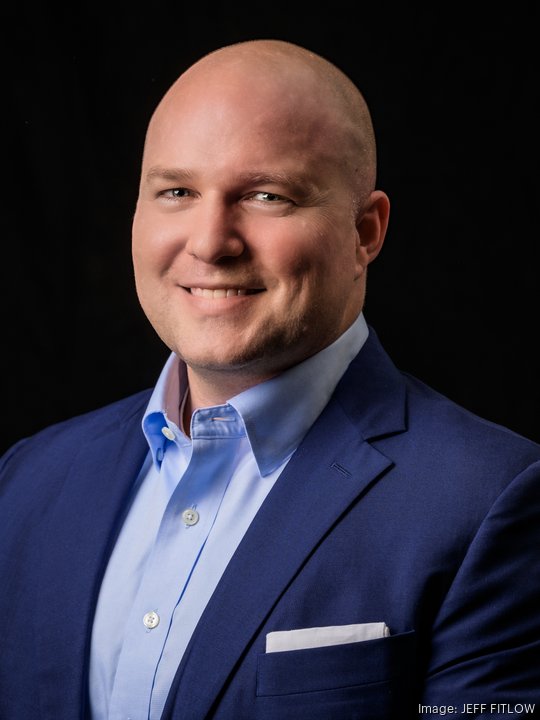
A Houston-based climate tech startup that produces innovative material has raised its seed funding and named a new leader as it targets commercial scaling.
DexMat's $3 million seed round was led by Shell Ventures, the corporate investment arm of Shell PLC (NYSE: SHEL). Overture Climate VC and Climate Avengers, both climate-focused venture funds, joined the round along with an undisclosed energy company.
The startup also has a new CEO, with Bryan Guido Hassin taking over the role from Dmitri Tsentalovich, who will move to the position of CTO.
DexMat produces Galvorn, a carbon nanomaterial that can be formed into yarns, cables, tapes, woven fabrics, composites, and three-dimensional structures for use in industries ranging from energy and aviation to wearable technology. The material is produced as a sustainable alternative for traditional metals such as steel, aluminum and copper. DexMat confirmed Galvorn is named after the fictional metal referenced in J.R.R. Tolkien's works.
The Galvorn technology is derived from work performed by Rice University professor Matteo Pasquali and his team.
Hassin met the DexMat team during his time as an entrepreneur in residence at Rice University and joined its board in 2019. While serving on DexMat’s board, he also developed an innovation organization called Third Derivative, and his work there contributed to the decision to move him to the position of CEO at DexMat.
“Unlike some of my colleagues in climate tech, I believe strongly that energy companies and the city of Houston, as the energy capital of the world, have strong roles to play in building a sustainable, prosperous, equitable future,” Hassin said in a statement to the Houston Business Journal.
The company said it has been selling Galvorn products for a few years, but the funding round will allow for scaling to commercial levels.
DexMat is a recipient of funding from the Advanced Research Projects Agency-Energy, or ARPA-E, a division of the Department of Energy targeting technologies considered too early for private investment. Another recent Houston-based recipient of ARPA-E funding is the electric vehicle battery producer Zeta Energy Corp., which got $4 million in federal funding in January.
Climate tech investments come against the backdrop of rising interest nationally and locally. The Inflation Reduction Act signed into law in 2022 set aside $370 billion for climate tech investment, but investors noted that not every company will have a clear pathway to access that funding.
Meanwhile, a 2022 end-of-year report from Deloitte found Houston at the forefront of clean tech investment. In Houston, 55% of investments in the environmental, social and governance, or ESG, space have been more than $50 million through the first three quarters of 2022, compared to 90% of deals in 2021. Additionally, Houston companies have invested $250 million into the cleantech space through Sept. 30, 2022.
Investing in clean tech has been profitable for investors, as well. In 2021, 80 exits combined for $86.6 billion in exit value, according to Deloitte. However, given the economic conditions in 2022, there were only 36 exits for less than a combined $10 billion last year.





